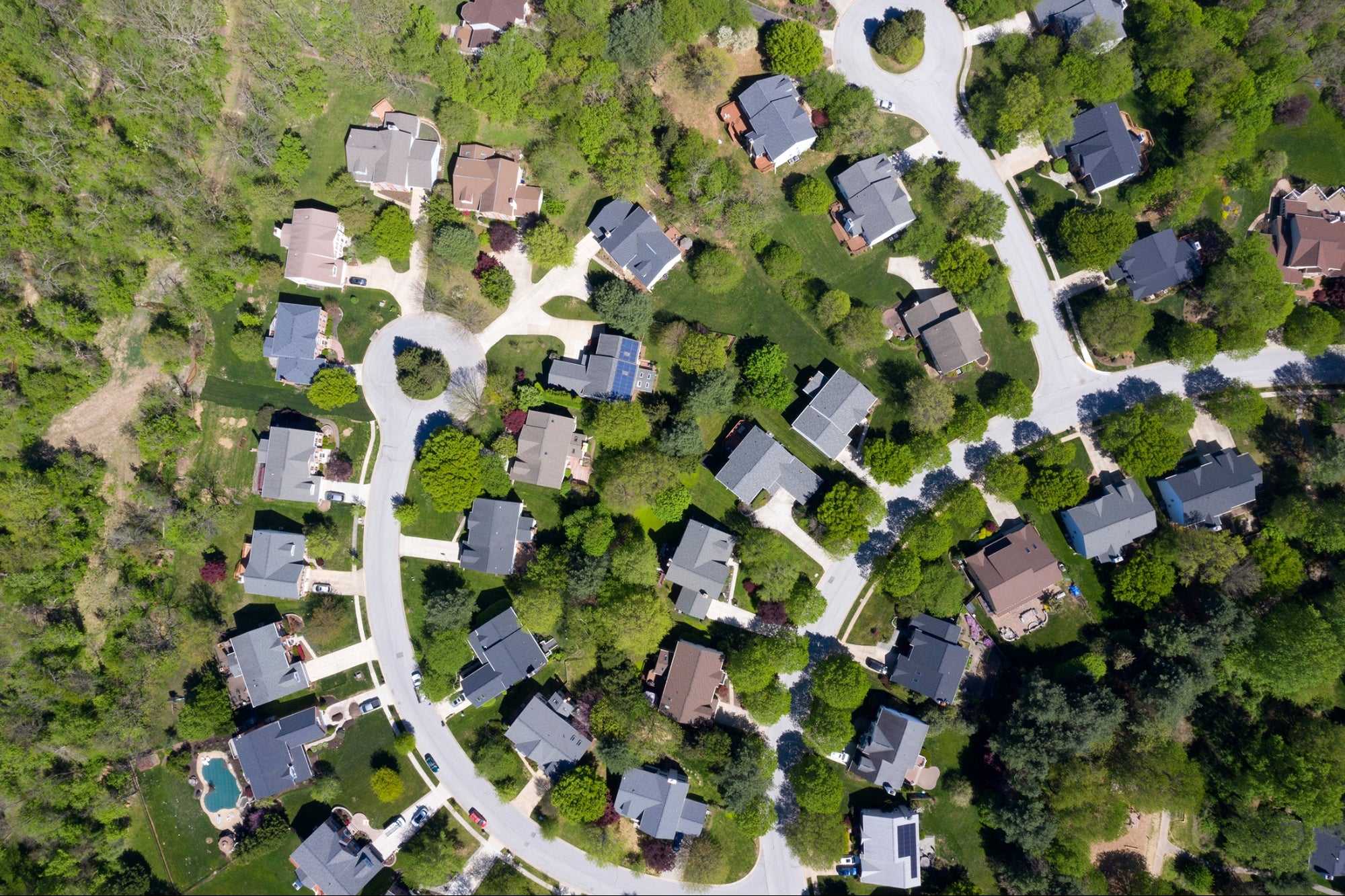Opinions expressed by Entrepreneur contributors are their own.
Everyone knows that location is a critical factor when it comes to investing in real estate. Purchasing any property requires a litany of considerations and due diligence before any assets or resources can change hands, but the location is paramount.
Neighborhoods with low crime rates, excellent school systems and up-and-coming communities are the regions where property values tend to increase at the highest rates. When you make an investment into a hot new part of town or a city that offers stability and growth, these neighborhoods are far more appealing and the price tags for both sales and rentals tend to reflect the high desirability of these locations.
Location isn’t just about the dwelling itself, it’s about the positive growth of the surrounding areas in which your real estate is located and the trends that demonstrate an upswing in the contributions of the community at large that make the area more desirable. Hopefully, those trends continue on an upward trajectory to make your investment a profitable one.
Related: 5 Proven Steps to Become a Real Estate Millionaire, According to an Investor
Improving value
Whether it’s the purchase of a standalone home or buying a rental property, you want the value to increase over time. When that happens, you can sell the home for more than you initially paid for it and rental prices can rise as residences in the area become more valuable. That return on investment is the goal for homebuyers and property owners who are looking to develop some passive income channels.
But the important thing to remember is that your value is not determined by the physical dwelling in which you or your tenants reside. Buildings depreciate over time and renovations require more investment of capital. The greater impact on improving the value of real estate is the cost of the land and the community surrounding it.
That’s right, the lot upon which you’ve built that house or apartment complex is where the value really lies. A gorgeous home or brand new building in a community that is otherwise depressed or rundown tends to suffer in a resale or setting the price for rent. Why is that?
It’s due to the very simple and obvious fact that people don’t want to live in a neighborhood that doesn’t have a lot to offer in terms of a safe, functional and welcoming community. In big cities, there are so-called “good” blocks and “bad” blocks. One area may be safe, while another just a few blocks away may be infamous due to a higher crime rate and a slew of empty storefronts with “For Lease” signs in the windows. It makes you wonder why those businesses have left the area and buyers and renters alike may also decide it’s time to look elsewhere when choosing a place to call home.
Related: Market Knowledge Is Vital In Making Efficient Real Estate Investment Decisions
The importance of community
When a region becomes more attractive to homeowners and prospective tenants, the value of your real estate increases. Some locations offer stability in terms of increased value because they are situated in a community that isn’t likely to see any major shifts in the future.
A good example of this is a college town. The institution around which these neighborhoods are situated is highly unlikely to move, shut down or suffer any real significant, negative changes any time soon. This is particularly true in towns where the college or university has been in existence since the 1700s. We know that the school isn’t going to suddenly relocate, we know that the school will offer admission to a limited number of applicants and the students, faculty and administrators will need a place to live, eat, work and play when classes are not in session. Therefore, these communities are going to be bustling and popular, safety will be a priority and homes and apartments will be in demand.
The only thing to consider that might be a negative is the seasonal aspect of buying real estate in or near a college town. Students and faculty may leave for the summer. But it’s just a three-month shift and when everyone returns in the fall, the community returns.
Real estate and renovations
Don’t get me wrong, it’s important to maintain the asset that sits on the plot of land you own. A shoddy apartment building or a home that’s falling apart are depreciating assets that can also bring down the value of the neighborhood as a whole. Buyers and renters know they can find somewhere else to go. If enough homes and buildings start to look dilapidated or neglected and desperately in need of repair, people tend to migrate away from these areas.
One vital way to keep the value of your investment from falling is to make the repairs you need to make as soon as you can make them. A highly desired location can make some potential buyers or renters overlook the less-than-perfect condition of the dwelling because they can live, work and play in a hot neighborhood. But location is key for getting them to make the deal. Depressed areas will drive them away. It’s tougher to move a tract of land than to demolish a dilapidated home or dwelling.
So you can do your part by keeping your property values up and helping the neighborhood thrive by maintaining what you own. New homes and businesses move into the area and the cost of your home and the land on which it stands goes up.
Related: 7 Tips for Managing Your Real Estate Business Like a Pro
Wrapping up
Land can become a premium commodity when there isn’t enough of it to go around. Choosing a location that is desirable and fully developed means that space is at a premium, with prices to match when people want to live in that area. This is true in the big metropolitan cities and even smaller, more rural towns. When there is room to expand, prices tend to be lower. Location matters and when there is less of it to go around, people are willing to pay for what’s available because it may not be available for very long.






